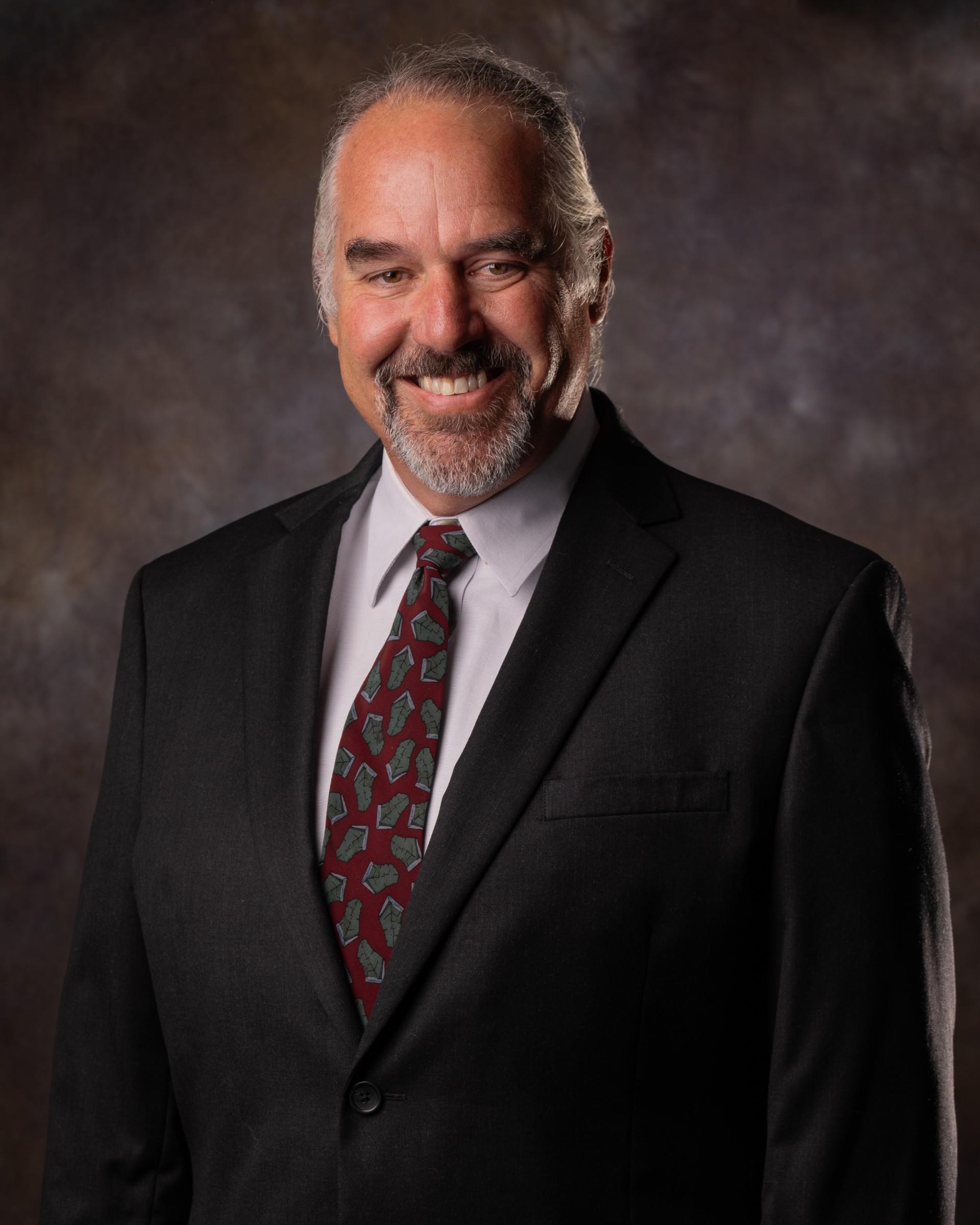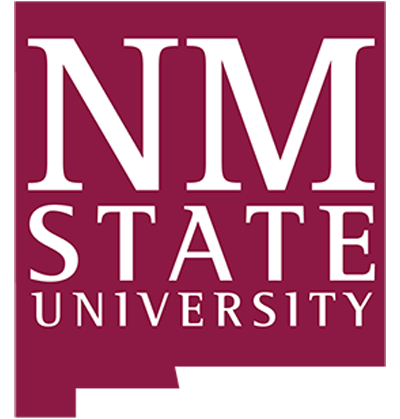
A casual discussion at church led Stephen Taylor to teach New Mexico State University’s elective Brewing Science class in 2012 in the Chemical and Materials Engineering Department. Taylor, already manager of the Seidel NMSBrew Laboratory, has been named director of the Brewery Engineering Program, taking the helm from Associate Professor Catie Brewer.
It began with a casual conversation. Martha Mitchell, then a CHME professor, knew that Taylor had recently been laid off from his job at White Sands Test Facility when the Space Shuttle program was abruptly ended by the newly elected president. Mitchell asked Taylor what he knew about beer.
Taylor replied, “What do you want me to know about beer. … I have a Ph.D. I can learn anything that you need me to learn as fast as you need me to learn it.”
Taylor has been teaching brewing courses ever since.
The CHME department offers a course in brewery engineering in concert with the Family and Consumer Sciences Department in the College of Agriculture, Consumer and Environmental Science. FCS also offers classes in food processing and preservation, which Taylor also teaches.
“The front range from New Mexico to Montana is a hotbed of the microbrew industry. It is clear to see the importance of this industry to our region,” said Joe Holles, CHME department head.
In 2020, the brewing lab was named for NMSU chemical engineering graduate Frank Seidel and his wife, Jennifer, who have generously supported the program and its students and to assist the lab as a center of excellence for brewing as well as beer and agricultural product feedstock analysis.
That first class, Brewing Science and Technology, is now attended each fall and spring by approximately 35 students each term. It is a Viewing the Wider World elective and is open to all students: NMSU requires all students to take six credits of 300-level “V” courses.
“The goal of the CHME 395V course is to expose broad university students to the history and societal context of beer while also exposing these students to the technical and engineering side of the process,” Holles said. “Stephen has a graduate degree in chemistry and an undergraduate degree in history. He is able to discuss the development of the different styles of beer throughout the world and add the historic and geopolitical context to changes and evolution of the brewing industry.”
Additionally, Taylor is a Cicerone Program Certified Beer Server and has completed Brewers Association Brewer Safety Training.
In preparation for teaching his first class, Taylor noticed his predecessor had given students the option to home brew for extra credit. He made that a requirement and before his first class began that fall, he did his own home brewing.
“I thought that if I were going to require my students to home brew, then I should know how to, as well, so that I would have some insight into the kinds of challenges faced by a novice home brewer. I had four batches done before the first day of class,” Taylor said.
Growing in popularity, CHME introduced a Brewery Engineering minor in 2017, an 18-credit hour program that builds on the 124-credit hours required for a bachelor’s degree. This is an extensive 142-credit hour degree and one of the most challenging degree paths offered.
Students pursuing the minor can also take the Brewing and Distilling Study Abroad class and have had trips to England and Ireland as well as Belgium and Netherlands. There’s hope to visit Germany and Czechia, and maybe others, in future semesters.
“The Brewing Engineering class, the Brewing and Distilling Study Abroad class, and the Brewery Engineering minor, were due primarily to the efforts of then CHME Department Head David Rockstraw,” Taylor said. “He was inspired by the students’ excitement and interest, and saw an opportunity to further the CHME program, since beer brewing can be seen as a chemical engineering bioreactor undertaking.”
“Our goal for the brewing minor and the Brew Lab is to expose the current chemical engineering students to the food and beverage industry and how chemical engineering can contribute to this industry,” Holles said. “The department entertains multiple requests from brewpubs to provide names of students interested in taking internship or full-time employment in these facilities. This program offers another opportunity for our chemical engineering students to contribute their technical training and expertise to desired consumer products.”
As for Taylor, his goals as the new director include “repairing, maintaining and expanding our brewing equipment to provide a setting more representative of a working brewery and/or a chemical synthesis plant. Additionally, I plan to continue competing in the AIChE (American Institute of Chemical Engineers) Beer Brewing Competition.”


